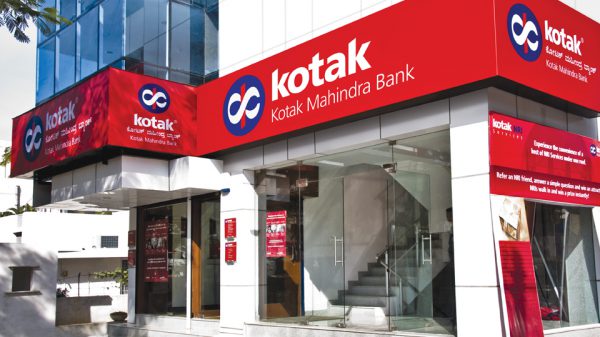Airtel suggested to the Department of Telecommunication (DoT) that the monetary costs of interception and security (eg. for ensuring national security) should not be borne by telecom service providers (TSPs) alone, and be shared with other law enforcement agencies/government departments. This suggestion was made in response to DoT's consultation paper ('Need for a new legal framework governing Telecommunication in India') predating the Draft Indian Telecommunication Bill, 2022. These documents, first accessed by Entrackr through an RTI, were shared with Medianama. In its comments, Airtel explained the suggestion with Australia's example, which distinctly identifies the cost burden to be shared by TSPs and the 'interception agency'. However, this suggestion did not materialise in the draft telecom bill. The draft allows the government to intercept messages, suspend internet services and take over temporary possession of any telecom services, but it does not talk about any cost-sharing mechanism. Government ramping up telecom surveillance Under the sub-heading of "National Security" in its comments, Airtel said TSPs "have been at the forefront of ensuring that they comply with the requirements laid down by the law enforcement agencies," indicating telcos comply with most (or maybe all) the orders that they receive related to "national security". The telco even said that the demands of law enforcement agencies are increasing and that's putting a substantial cost burden on TSPs. In 2015, former IT minister Ravi Shankar Prasad told the parliament that the home ministry approves 5,000 interception requests per month (about 166 requests per day). The current number should…





























